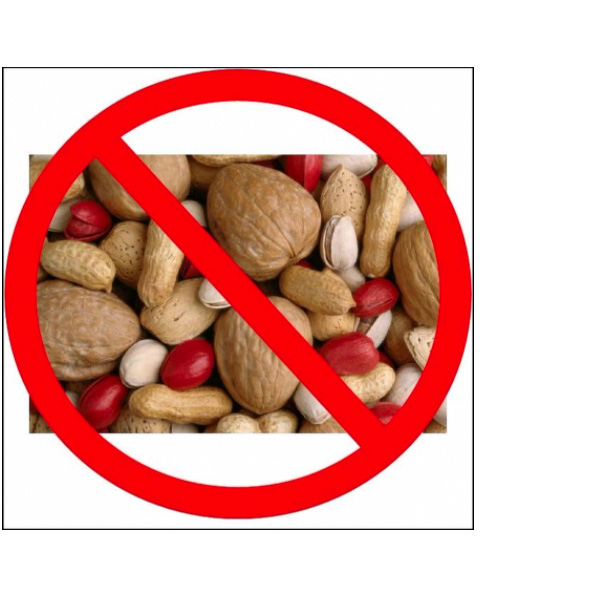Health & Medical Advice for Parents
Medicines in School
Staff are not permitted to administer any medication to a child except in life-threatening circumstances.
In exceptional circumstances parents can arrange for medicines to be taken under supervision by agreement of the Headteacher. Parents must complete the authorisation form provided by the school and deliver the medication in pre-dispensed containers. The child must be able to take their own medication in the school office under the supervision of a member of staff. If a child has a medical condition that may require emergency medication, it must be provided by parents at the start of each half term in a sealed labelled bag, with clear instructions for usage. This is placed in an emergency grab bag in the class and taken on any trips.
In agreement with the classteacher, a Health Care Plan is put in place for any child that has a life threatening illness (i.e Anaphylaxis) and these are updated as required. Parents are responsible for ensuring that any medicine is in date at all times. Further guidance on medicines in school is available below along with information regarding the treatment of headlice. If you find any headlice on your child, he/ she will need to be treated at home and brought in to school as soon as possible the same day.
Illness During the School Day
All staff are responsible for the welfare of your children. If they notice children showing signs of illness, they will inform the Headteacher. The school office will contact you if your child needs to go home during the school day. If your child has vomitted or has an upset stomach and is sent home, you must keep your child away from school for 48 hours from the last episode of illness.
If any staff notice any child showing signs of serious unhappiness for whatever reason, they will inform the Headteacher.
The Headteacher also co-ordinates any child protection issues in the school if necessary and liaises closely with children’s services on these matters.
First aid equipment is kept throughout the school and most staff are trained in First Aid Procedures. It is crucial that the office team is informed of up to date mobile, home and/or work telephone numbers, or alternative methods for contacting you should the occasion arise (confidentiality with respect to ex-directory numbers will always be maintained). If your child becomes sick or unwell we do our best to contact you immediately. In the event of a head injury that causes concern, parents are always called to alert them to possible internal injury or shock and to discuss whether there is a need for the child to come home or have additional medical attention. In the event of an accident we will again make every effort to contact you immediately and arrangements will be made to take your child to the Royal Surrey County Hospital for treatment.
Head Bumps and Head Injuries
All staff follow strict guidelines when dealing with any type of head injury. Parents will be contacted by Studybugs if their child has a head bump or injury, no matter how small or insignificant the injury may appear. The NHS Head Bump Advice is very useful with lots of guidance for parents and carers.
Headlice
If any headlice are found on your child at school, you will be contacted to collect your child, treat her/ him and also return your child to school as soon as possible the same day. Please see below for further guidance regarding the treatment of headlice. We no longer have the freedom to call Health Visitors into school to check children’s hair. It is therefore vital, in order to keep all of the children free from head lice that you check your child’s hair at least once a week and that all pupils with long hair always have it tied back.
Statutory Medical Checks
A medical check by the school nurse takes place during the child’s first/second year at school, which is usually height and weight measurements. This check is also repeated in Year 6.
For guidance on illnesses and how long children should be kept away from school, please see your child’s doctor. Please note that the office staff at Sandfield are not qualified to answer questions about illnesses or treatments.
Fire Safety:
There are termly fire drills and safety checks to ensure the children, staff and visitors are prepared to evacuate quickly and safely in case of a fire. All necessary checks are carried out on the fire alarm system and extinguishers on a regular basis.





